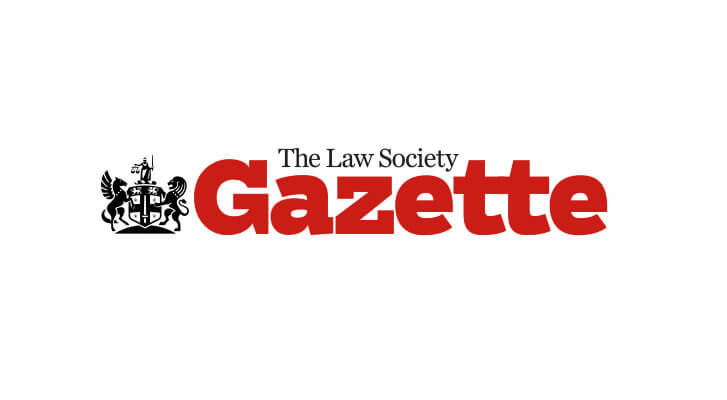BCL partner Tom McNeill has been quoted in The Law Society Gazette’s article discussing the importance for proper funding of enforcement agencies in the battle against fraud.
*Here is a short extract from the article. If you wish to read the full article, please visit The Law Society Gazette website.
”The low down
Measured by legislation passed and pending, the government takes fraud prevention and detection very seriously. Its demands on all-important transparency of ownership are tighter than the EU’s and may diverge further. And the Economic Crime and Corporate Transparency Bill is primed to put individual lawyers in the line of fire for failing to prevent fraud. Directors’ and officers’ insurance, to cover the cost of personal investigation and defence, is advisable. Yet on too many counts this righteous zeal is not matched by the resources earmarked for enforcement agencies, which complain of funding shortages. Just 2% of police funds are spent on fraud detection. Cyber-related fraud is up, and the Commons justice committee is demanding a rethink.
A creaking court system, lack of police expertise and the dearth of resources afflicting enforcement agencies have contributed to an explosion of fraud, much of it cyber-related. According to a recent report from the Commons justice committee, fraud now accounts for 40% of all crimes. The proportion of fraud incidents that were cyber-related increased from 53% to 61% in the Office for National Statistics’ most recent published figures. Yet despite fraud’s grievous impact, its investigation accounts for just 2% of police funding. The committee is forecasting a 25% growth in fraud crimes – unless there is a volte-face in the approach to investigation, prosecution and prevention. (The government responded on 11 January, though only to draw attention to legislation in train – the Victims Bill and the Online Safety Bill – and promising more detail in its upcoming fraud strategy.)
…Tom McNeill, a partner at BCL Solicitors, says: ‘It is a fundamental principle of criminal law that the people who should be prosecuted for wrongdoing are the people who commit the wrongdoing. The strict liability offence goes against this principle – it makes organisations criminally liable if someone else commits an offence.’ McNeill, who specialises in corporate and regulatory crime, adds: ‘It is one thing requiring businesses to take reasonable measures to prevent offending, quite another making them an easy target for prosecution if they do not succeed. It boils down to the government not having the resources to pursue the individuals who actually commit the wrongdoing, and passing the burden on to companies.’
…‘In the current climate there is little advantage to an individual making early admissions as commonly occurs in the US,’ McNeill says. ‘The rules make it very difficult to have a full and frank conversation with prosecutors and ultimately there is no guarantee of outcome. It is frustrating, because it is in the interests of all sides to have an effective investigation and prosecution system.’ ”
*This article was first published by The Law Society Gazette on 13 January 2023. If you wish to read the full article, please visit The Law Society Gazette website.

